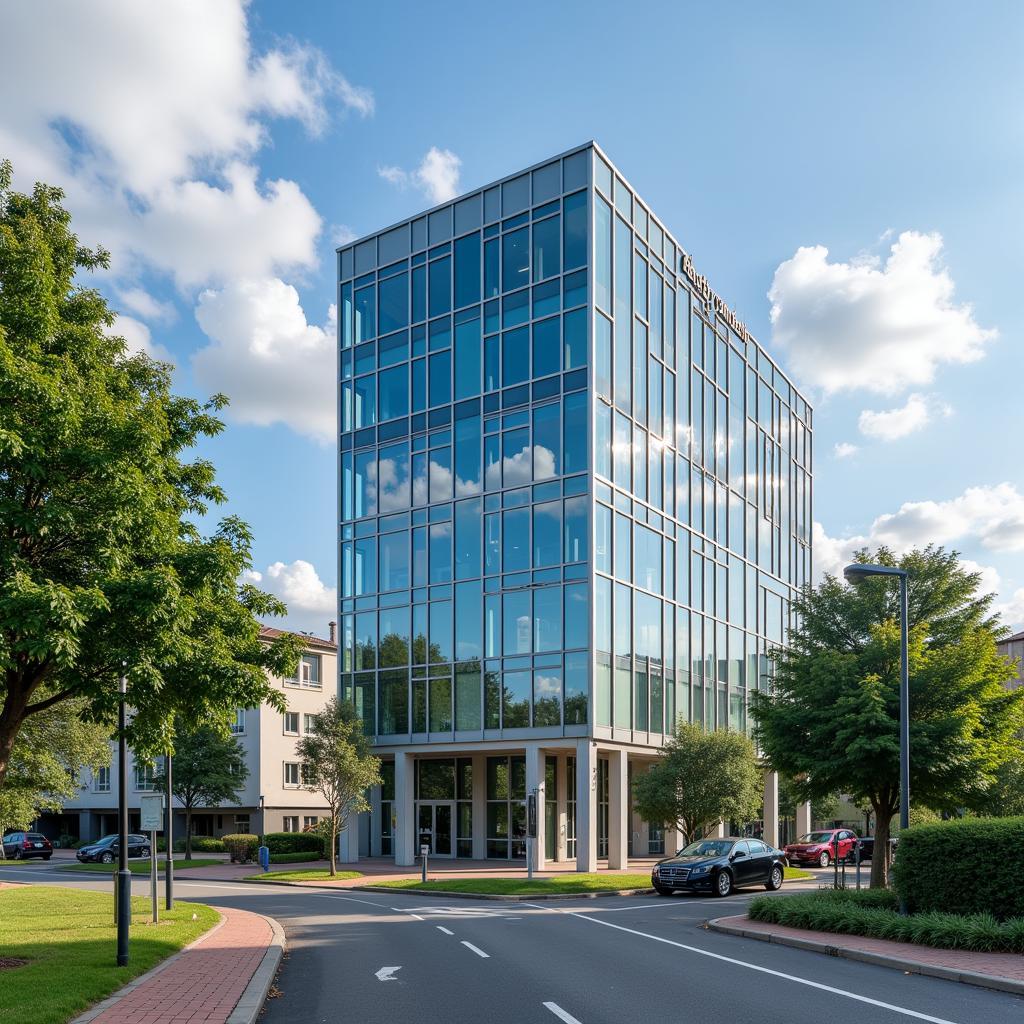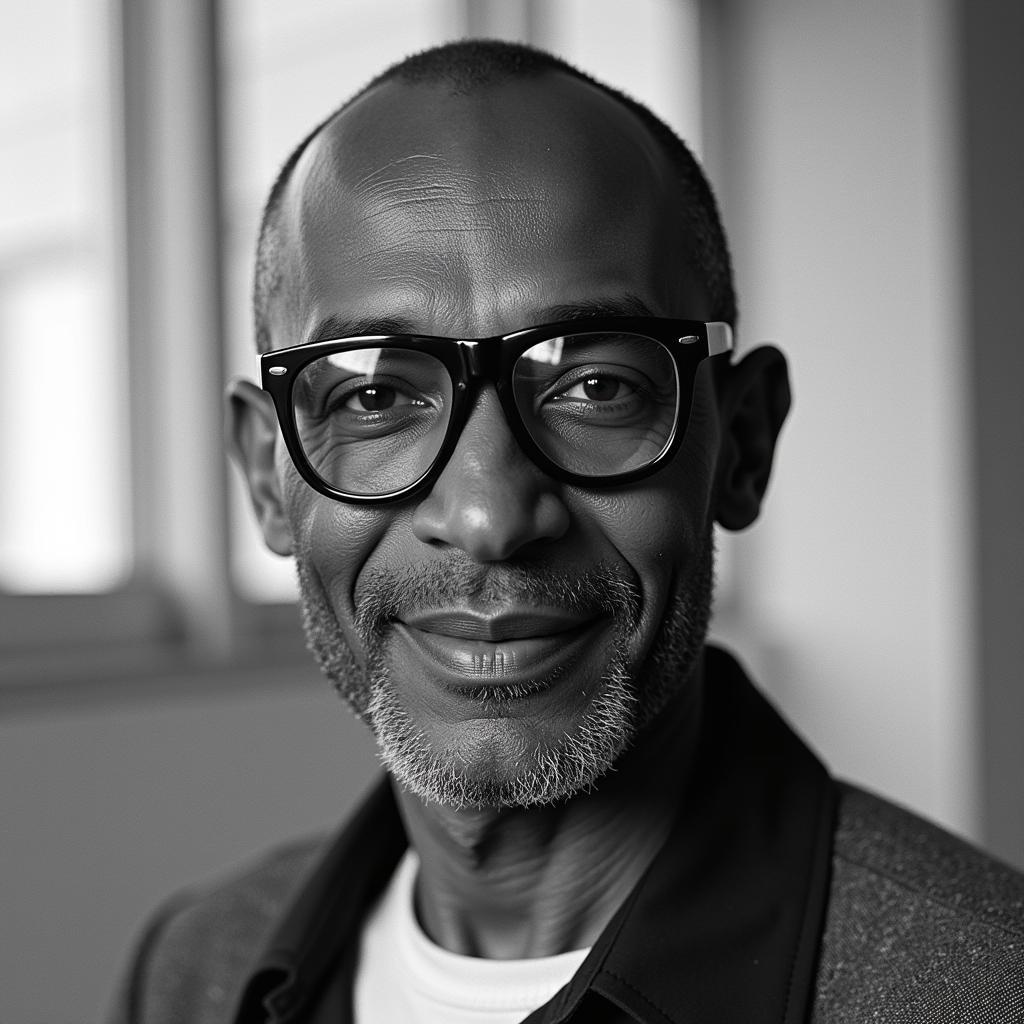African American Discrimination Today: A Persistent Reality
The sting of discrimination is not a relic of the past for African Americans; it is a persistent reality that casts a shadow over their lives today. Despite significant strides towards equality, the legacy of slavery and segregation continues to fuel disparities in various aspects of life, creating a society where opportunity remains unequal.
The Weight of History: Understanding the Roots of Discrimination
To truly grasp the depth of discrimination faced by African Americans today, one must delve into the historical context that has shaped this reality. The horrors of slavery, followed by decades of Jim Crow laws, created a system designed to disadvantage and disenfranchise Black Americans. While these systems have been dismantled, their impact echoes through generations, manifesting in systemic inequalities that persist today.
Modern Manifestations of Discrimination: A Multifaceted Issue
The face of discrimination today is often subtle, woven into the fabric of everyday life, making it harder to identify but no less insidious. It manifests in various forms, impacting African Americans in numerous areas:
-
Economic Inequality: African Americans continue to face significant economic disparities, with lower median incomes, higher poverty rates, and less wealth accumulation compared to white Americans. These disparities are directly linked to historical disadvantages, limited access to opportunities, and discriminatory practices in areas like housing and employment.
-
Educational Disparities: From early childhood education to higher learning, African American students often encounter a system that disadvantages them. They are more likely to attend underfunded schools, face harsher disciplinary measures, and have less access to quality resources, hindering their educational attainment and future prospects.
-
Criminal Justice System: The over-representation of African Americans in the criminal justice system is a stark example of systemic bias. From racial profiling to harsher sentencing, Black Americans are disproportionately entangled in a system that perpetuates existing inequalities.
-
Healthcare Disparities: The struggle for health equity is real for many African Americans. They experience higher rates of chronic illnesses, lower life expectancies, and limited access to quality healthcare. These disparities are further exacerbated by implicit bias in healthcare settings, leading to poorer health outcomes.
Combating Discrimination: A Collective Responsibility
Addressing African American Discrimination Today demands a multifaceted approach, requiring individual and collective action to dismantle systemic barriers and promote genuine equality. Here are crucial steps to consider:
-
Acknowledge and Educate: Openly acknowledge the existence of discrimination and educate ourselves and others about its history, impact, and the ways it manifests in today’s society. This awareness is crucial for fueling meaningful change.
-
Promote Policy Reform: Advocate for and support policies that address systemic inequalities in areas like criminal justice, education, housing, and healthcare. This includes promoting diversity and inclusion, ensuring equal opportunities, and dismantling discriminatory practices.
-
Challenge Implicit Bias: We all harbor unconscious biases that can influence our perceptions and actions. Actively challenge these biases within ourselves and others, fostering empathy, understanding, and a commitment to treating everyone with respect and dignity.
-
Support Organizations Fighting for Change: Numerous organizations are tirelessly working to dismantle systemic racism and promote equality. Support their efforts through donations, volunteering, or amplifying their voices and initiatives.
Conclusion: Striving for a Just and Equitable Future
The fight for racial justice and equality is an ongoing journey, requiring sustained effort and a commitment to dismantling the deeply entrenched systems that perpetuate discrimination. By understanding the roots of this issue, acknowledging its present-day manifestations, and actively working towards dismantling systemic barriers, we can strive to create a society where African Americans have an equal opportunity to thrive and reach their full potential.


